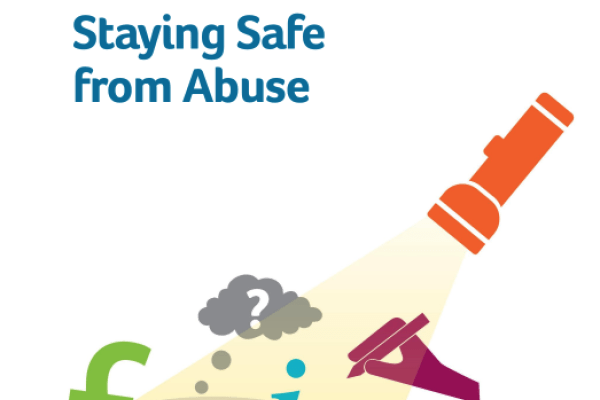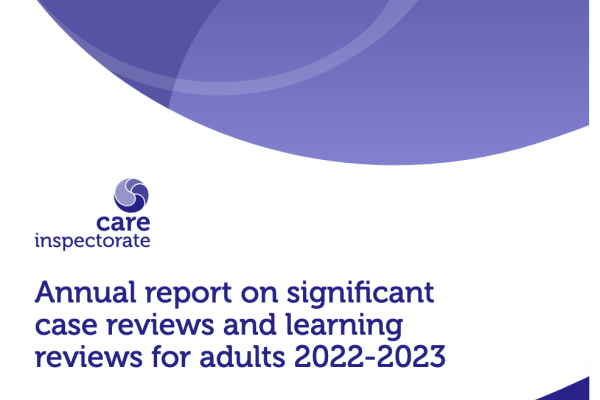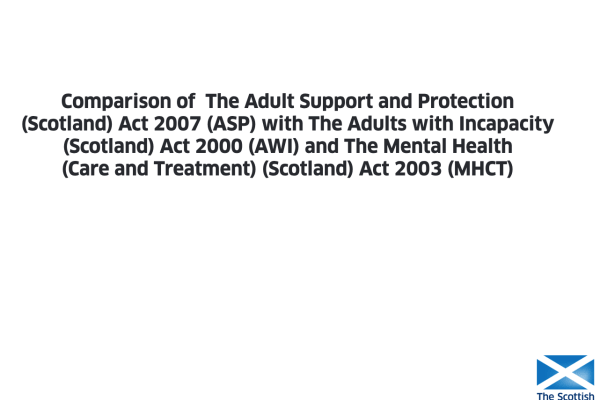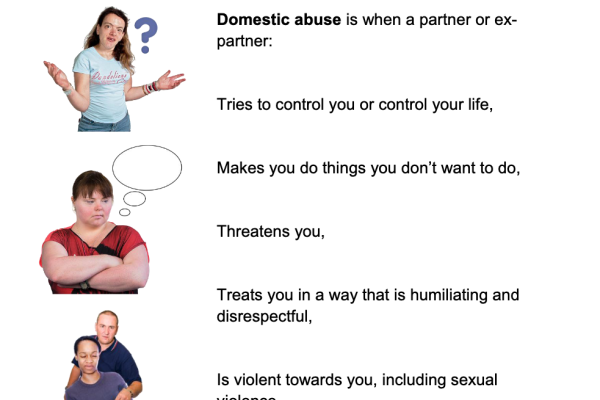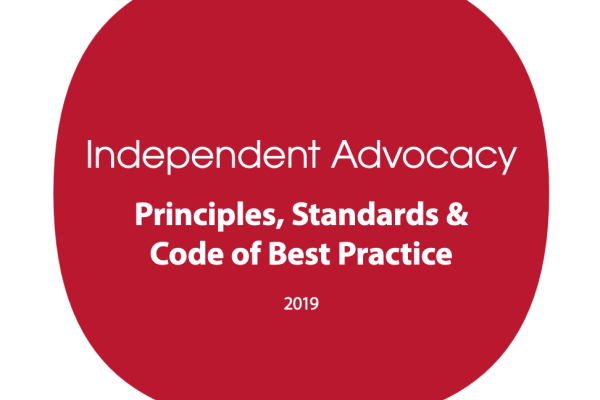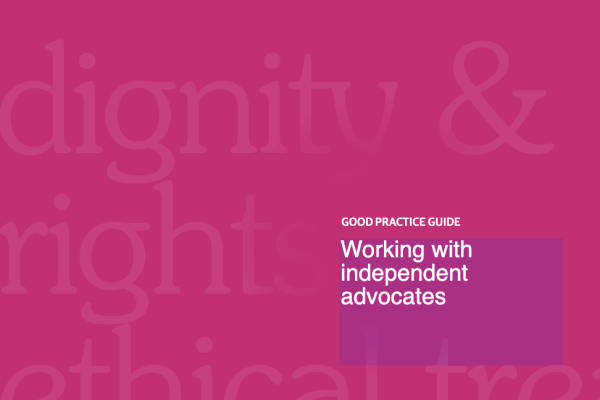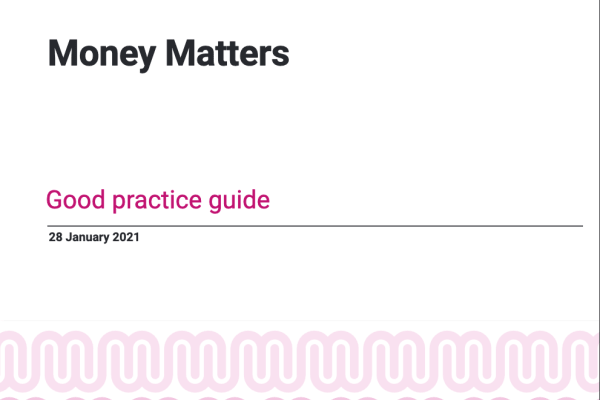No such thing as an AWI: Podcast
This series of podcasts introduces different aspects of the Adults with Incapacity (Scotland) Act 2000. A wide range of people share their perspectives, learning and experiences.
Episodes include:
- The development of incapacity legislation in Scotland
- Anne's story (the experiences of a welfare and financial guardian)
- Assessment of capacity and consent to treatment for Advanced Nurse Practitioners
- The AWI Act and hospital discharge: Part 1
- The AWI Act and hospital discharge: Part 2

